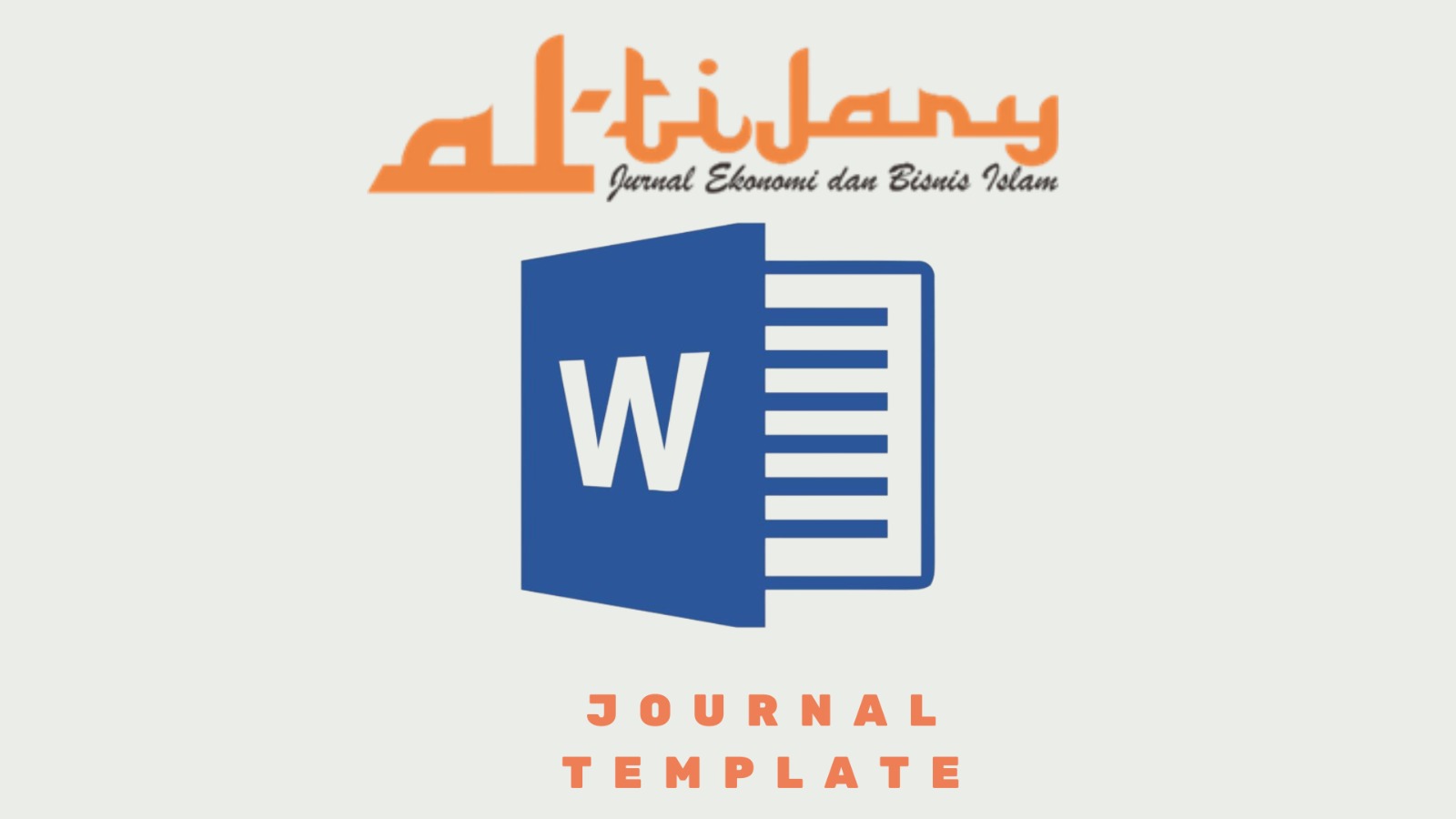Analisis Peran Program Zakat Community Development BAZNAS Kota Samarinda Dalam Mengurangi Kemiskinan di Samarinda
Abstract
This research was motivated by the activities of the Zakat Community Development program carried out by the BAZNAS of Samarinda City in the Loa Kumbar area of Loa Buah Village in Samarinda which aims to prosper the community or empowerment programs based on reducing poverty. The research is empirical research (field research), the data sources in this study were primary data obtained from field assistants and assistants from BAZNAS Samarinda.while the Respondents in this study were Kelurahan, RT, community leaders and field assistants and assistants from BAZNAS Samarinda and members. While the data collection techniques used were observation, interview and documentation. After the data was collected, then analyzed using qualitative methods. The findings in the field are, the driving factor of the implementation of the ZCD program in the Loa Kumbar region is that there are many people who do not have jobs, almost 70% of the population in the region are underprivileged and BAZNAS wants to encourage community self-help. The inhibiting factors in implementing the program were the late arrival of funds, facilitators who were still very minimal, communication gaps and the type of development of inappropriate activities. While the changes that have taken place in the Loa Kumbar region are facilities such as roads, mosques, schools, aquaculture, livestock and fisheries, free health programs such as mass circumcision and medical treatment.This program is very helpful for the Loa Kumbar community to become more prosperous.
References
Direktorat Jendral Bimbingan Masyarakat Islam direktorat pemberdayaan zakat, Membangun Peradaban Zakat Nasional, KEMENAG, Jakarta, 2015
Direktorat Bimbingan Masyarakat Islam Direktorat Pemberdayaan Zakat, Modul Zakat Community Development Model Pengembangan Zakat, CV Sinergy Multisarana, Jakarta , 2013
Direktorat Jenderal Bimbingan Masyarakat Islam Direktorat pemberdayaan Zakat, Pedoman Pemberdayaan Fakir Miskin, KEMENAG, Jakarta, 2010
Direktorat Jenderal Bimbingan Masyarakat Islam Direktorat Pemberdayaan zakat, Standarisasi Amil Zakat di Indonesia, KEMENAG, Jakarta, 2012
http://www.baznaskota.org/Profil
http://www.baznaskota.org/visi-dan-misi
Khan, Fahim, dan Rosyidi, Suherman, Esai-Esai Ekonomi Islam, PT Raja Grafindo persaja, Jakarta, 2004
Kurnia, Hikmat Hidayat A, Panduan Pintar Zakat, Qultummedia, Jakarta,2008
Mursyid, Mekanisme Pengumpulan Zakat, Infaq Dan Shodaqoh Menurut Hukum Syara Dan Undang-Undang, magistra Insania Press, Yogyakarta , 2006
Permono, Sjechul Hadi, Pemerintah Republik Indonesia Sebagai Pengelola Zakat, Pustaka Firdaus, Jakarta, 1993
Qardhawi, Yusuf, Spektrum Zakat Dalam Membangun Ekonomi Kerakyatan, Daar El- Syurok, Jakarta, 2005, Alih Bahasa Sari Narulita, LC
Remi, Sutyastie Soemitro dan Tjiptoherijanto, Prijono, kemiskinan dan ketidakmerataan di indonesia, PT RINEKA CIPTA, Jakarta,2002
Shidieqi, Hasbi Ash, Zakat Sebagai Salah Satu Unsur Pembina Masyarakat Sejahtera, panitia Dies Natalis IAIN Sunan Kalidjaga, Purwokerto, 1969
Sudewo, Erie, Politik ZISWA Kumpulan Esei, CID Dompet Duafa, Jakarta, 2008
Sujarweni, V Wiratna, Metodelogi Penelitian Bisnis dan Ekonomi, PT. Pustaka Baru, Yogyakarta, 2015
Suparlan, Parsudi, kemiskinan di perkotaan, Yayasan Obor Indonesia, Jakarta, 1993
www.samarindakota.bps.go.id








